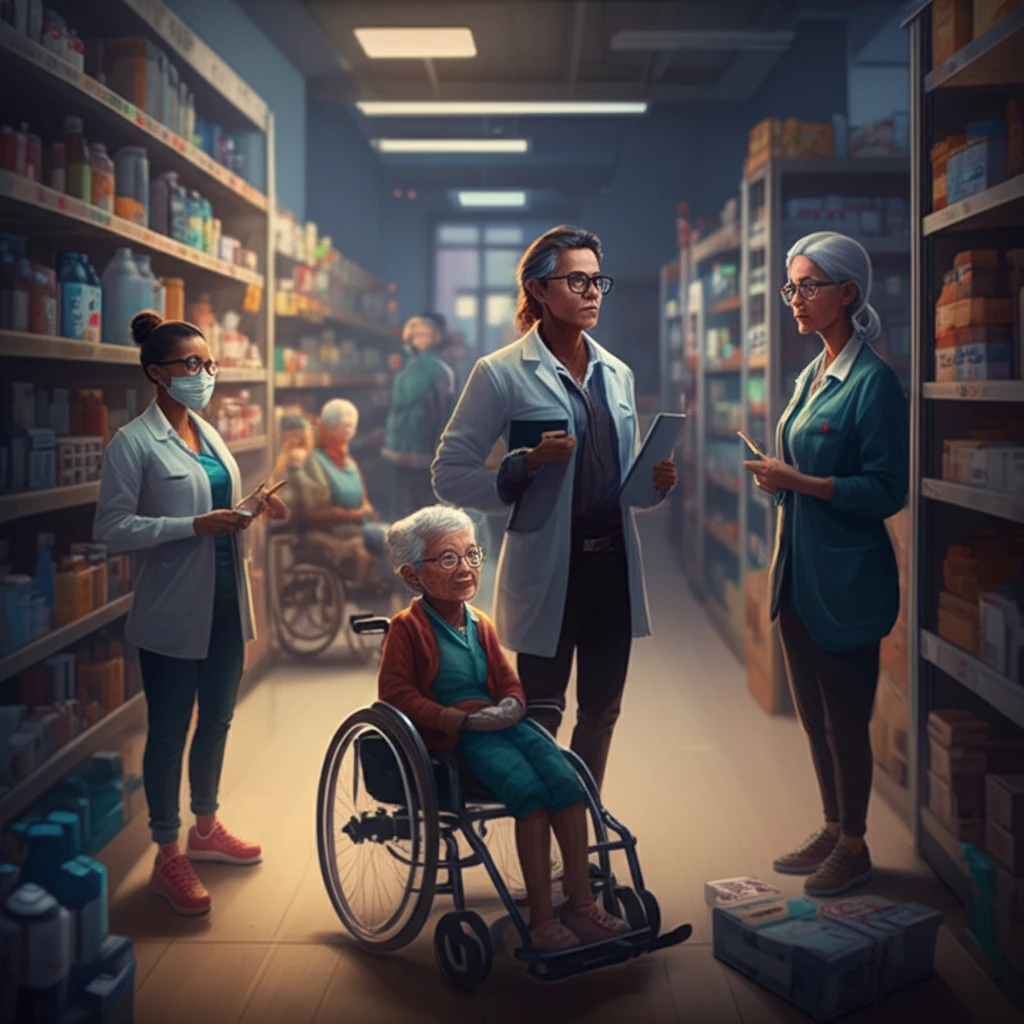
Empowering Seniors: How Pharmacy Students Are Revolutionizing Public Health Education
"Discover the innovative service-learning series where pharmacy students use the ADAPT tool to enhance medication safety and community health for older adults."
For years, pharmacists have been vital in improving public health, supporting areas like biostatistics, environmental health sciences, epidemiology, health policy management, and social and behavioral sciences. From addressing clinical needs in community pharmacies to participating in vaccination programs and medication disposal services, their role is constantly expanding.
Recognizing this expanding role, organizations like the American Public Health Association (APHA) have emphasized the importance of pharmacists in public health initiatives, advocating for enhanced education and training to prepare them for these responsibilities. Public health has become a core educational outcome, with the Accreditation Council for Pharmacy Education (ACPE) setting standards that include patient-centered care, health and wellness promotion, and patient advocacy.
Service-learning, where students engage in activities that address community needs while promoting their own learning and development, offers a valuable way to achieve these educational outcomes. This approach allows pharmacy students to apply their knowledge in real-world settings, making a tangible difference in their communities. One such initiative is the Assessment, Development, Assurance: Pharmacist's Tool (ADAPT), developed to evaluate pharmacist-delivered health promotion activities within a public health framework.
How Pharmacy Students Are Making a Difference in Senior Health

At the University of North Texas System College of Pharmacy (UNT SCP), a commitment to “Service Before Self” drives students to participate in various public health activities. As part of their experiential education, students complete service-learning hours each semester, collaborating with community partners to identify areas where they can make an impact. One such partner is Senior Citizen Services of Greater Tarrant County, Inc (SCSTC), which provides programs and services to help senior adults live independently.
- Community Engagement: Building relationships with local senior centers.
- Educational Programming: Delivering health and wellness programs focused on medication safety.
- Practical Experience: Providing pharmacy students with hands-on service-learning opportunities.
The Future of Pharmacy Education: Community-Centered and Patient-Focused
The ADAPT instrument provides a comprehensive framework, ensuring that programs are well-resourced, address potential barriers, and achieve their objectives. By embracing such tools and fostering community engagement, pharmacy programs can enhance the quality of life for vulnerable populations and cultivate a new generation of healthcare professionals committed to service and public health.
